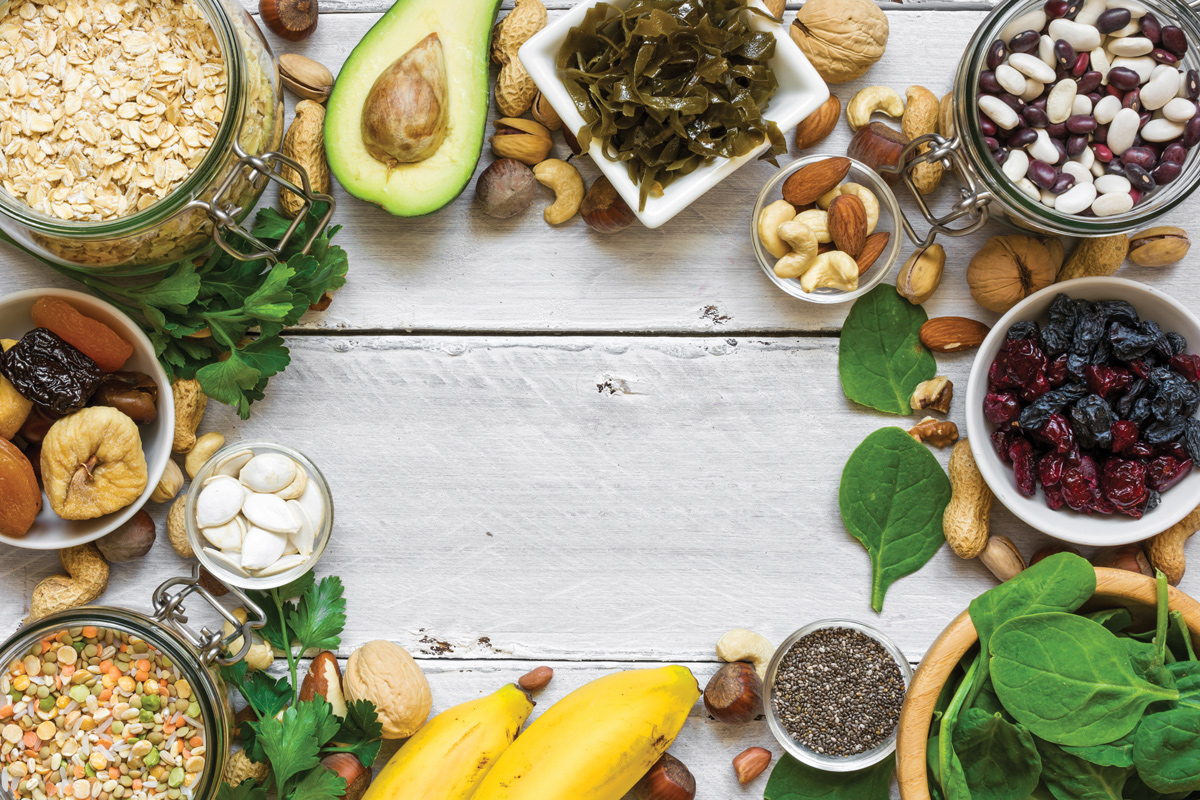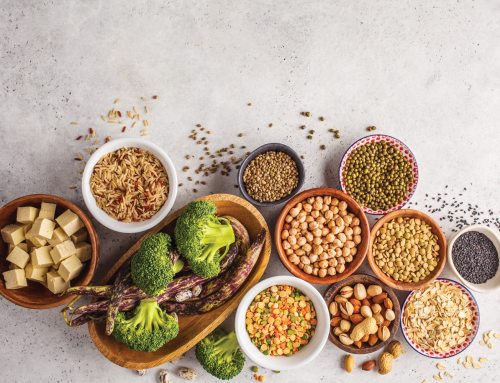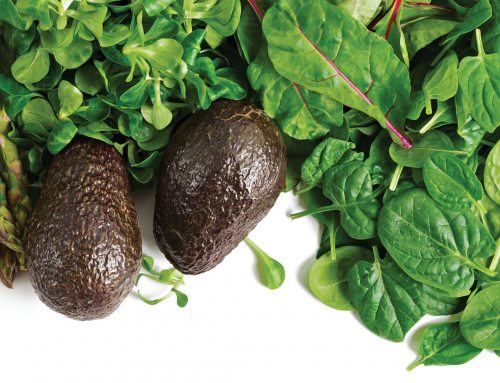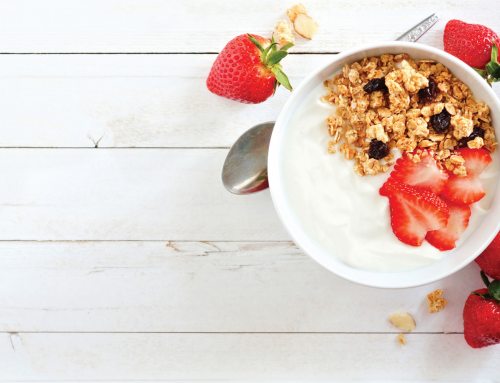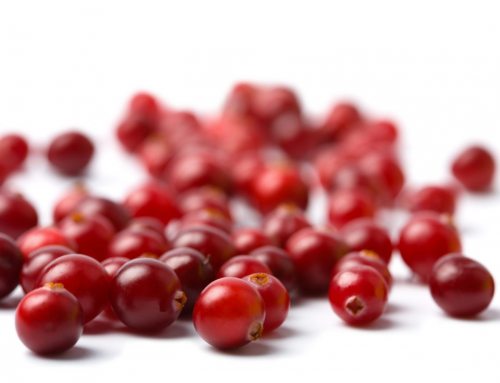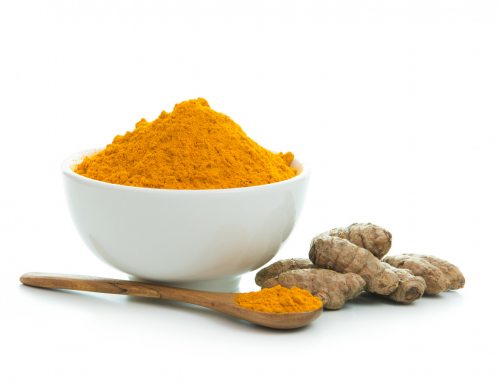By Esther Dill
After a hard work out on a swim, bike, or run, your muscles are primed to take in protein. Our muscles are also most efficient at absorbing carbohydrates. The rule of thumb is to consume a ratio of 3:1 – 4:1 of carbohydrates to protein within a 30 to 60-minute window following workouts of an hour or more. The amino acids replenish and rebuild your protein stores, while the carbohydrates refill glycogen stores.
The ideal recovery is more carbohydrates than protein. Carbohydrates stimulate insulin, an anabolic hormone that helps with muscle building and transporting carbohydrates to the muscles. Our bodies can only absorb a certain amount of protein at once; so grabbing a protein drink of 50 grams of protein is a waste.
The timing of refueling for recovery does not have to happen within the strict guideline of 30-60 minutes, as new research (from Society of Sports Nutrition) gives us a much longer window up to 24-hours. I would suggest from my experience that you eat a quality meal or snack within an hour to avoid DOMS (delayed-Onset Muscle Soreness). However, you can quickly recover by eating quality nutrition for your evening meal and staying hydrated.
Another very important part of your workout recovery is electrolytes. Electrolytes are crucial for exercise and performance as they allow for the exchange of nutrients and waste products. During exercise heavy sweaters can lose two pounds or more. This means a loss of sodium, potassium, calcium and magnesium. You will benefit by consuming fluids (and gels) that contain electrolytes before, during, and after exercise to aid in performance and recovery.
Don’t forget to keep yourself well hydrated throughout the day and not just during heavy exercise. Drinking 8 glasses of water a day has been the norm for years, but there is no “one-size” fits all. The best way to tell if you’re hydrated is to check the color of your urine; it should be pale yellow. Drinking plenty of water is the best way to hydrate, but there is a place for sports drinks. Look for brands that are void of sugar, corn syrup, and food coloring.
What are the best recovery foods?
Avocado, blueberries, bananas, kale, quinoa, chia seeds, Greek yogurt, salmon, spinach, beets, almonds, dark chocolate, and more have been on the “super food” lists that will provide you with many health benefits such as fighting cancer, providing energy, reduce inflammation, and providing fatty acids. Super foods are packed with vitamins, minerals, fiber, and antioxidants and can play a big part in your recovery after an intense workout.
Bananas are often provided after a race event for good reason. They provide quick replacement of sodium, potassium and carbohydrates. Oranges and apples are also found in the food tent after a race because they are also great recovery foods providing vitamin C and potassium and carbohydrates.
Chocolate milk is a favorite post-race recovery drink as it is nearly the perfect 3:1 ratio of carbohydrates to protein, plus calcium and vitamin D.
Try tart cherry juice after your next long run or race. In one study marathoners had improved muscle recovery and reduced inflammation. Fresh cherries work just as well.
Blueberries are full of antioxidants and phytonutrients that improve our defense systems. Buy them in bulk especially when they are on sale. Freeze them and throw them in your blender for a protein smoothie or in oatmeal.
Whole grains are full of B vitamins, fiber, and magnesium. Oatmeal, quinoa, and brown rice are good options for a recovery meal. Try making banana oatmeal muffins for a post workout snack.
Yogurt or cottage cheese provides a great combo of protein and carbohydrates and yogurt has beneficial bacteria to improve our gut health. Add in some fresh fruit or blend it into a smoothie.
One of my favorite dishes after a long run includes sweet potatoes. Baked, cut up for oven fries, or mashed sweet potatoes have complex carbs to help replenish your glycogen stores as well as providing you with beta-carotene, vitamin A and C, potassium and iron. My favorite recovery meal is grilled salmon, baked sweet potatoes and steamed spinach.
Good nutrition with a healthy diet will not only repair and build muscle tissue, but also keep you at your best. Keep you injury free and running for many years.
Esther Dill has completed 30 marathons, including two at Boston. She holds a Road Runner’s Club of America coaching certification and believes running is about fitness, accomplishment, and community. She is available at www.marathon-mommy.com.


